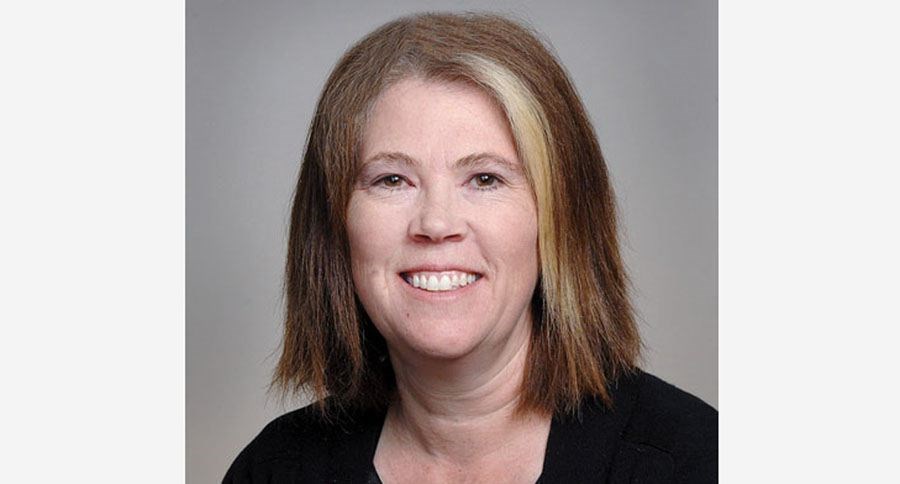I have been away for a few weeks blissfully traveling in London and Paris which has been a dream come true. For all their splendor, both of these glorious cities are noisy and crowded and, for a few short weeks, the cacophony is welcome and exciting but coming home to our quiet city reminds me how blessed we are to have a small and caring community.
Traveling in foreign countries, even those with similar customs, is still a bit of an ordeal. There is always a bit of an edge in the crowded streets in London and Paris and no one leaves bags or purses unattended even for a moment. As I traveled I was reminded of the words of Col. Chris Hadfield that I quoted in my column a few weeks ago: "Canadians have an expectation of stability." I think a lot about this statement as I see the way we negotiate through our institutions to ensure our stable civil society.
It is critical that citizens understand the workings of the political system. Many people seem more familiar with the idea of "checks and balances" in the American system. This well-known expression filters through American culture even all the way into the plot lines of kid's television shows. On most days you can hear some precocious child actor citing the motto: "the separation of power."
I don't think we have the same ingrained understanding here in Canada. "Checks and balances" do exist in our system. The Westminster model allows for the Prime Minister to sit in the House of Commons and with a majority government the Prime Minister can pass laws even if the opposition is vehemently opposed. I have written a number of times about the important role of the Senate whose task it is to ensure the laws are balanced and scrutinized. As an institution it is critical to keeping the Prime Minister's power, which is considerable, in check. I know that there are issues with the way the Senate currently functions but these problems are not a reason to scrap it.
We also have another powerful check in our system: The Supreme Court. Their power has grown since the patriation of the 1982 Constitution and the Charter of Rights and Freedoms. Some have even argued that we have moved to a more American style of "checks and balances" as a result of what is essentially a "judicial veto" of legislation. The role of the Supreme Court is to ensure that the sovereign power follows the "rule of law." It is the "rule of law" that frames out the authority and jurisdiction of the state. These rules are found in our constitution. We have an interesting constitution because it is a "hybrid" of both a written document and unwritten statues that have become convention in our governing system. The constitution tells us the extent of the power of the state and the Supreme Court "checks" that the state (the government) is following the rules. Canada also has a unique system of justice in that Quebec has a Civil Law tradition and the rest of Canada functions under Common Law. There are nine jurors on the court and there must always be three justices from the Quebec bar on the Court. So, among other requirements, a Quebec judge must be a member of the Quebec bar.
Over the last few weeks you may have heard of the conflict between the Prime Minister and the Chief Justice of the Supreme Court, Beverley McLachlin. The story is that apparently CJ McLachlin telephoned the Prime Minister to discuss the potential appointees and the needs of the court. You might recall that the Prime Minister's choice for the Court was Marc Nadon and that the Court denied the appointment because Nadon was ineligible for the open position. A dispute arose because Stephen Harper suggested that Beverley McLachlin was somehow interfering with the appointment by trying to speak to the Prime Minister
There has been outrage in the many circles because discussions between a Chief Justice and a Prime Minister are not considered uncommon and they are not considered unethical especially when the Court is giving advice on the rules of appointment. These conversations facilitate the dialogue between important branches of government all of which "check" each other's power. It is these "checks" that ensure a strong and stable democracy.



